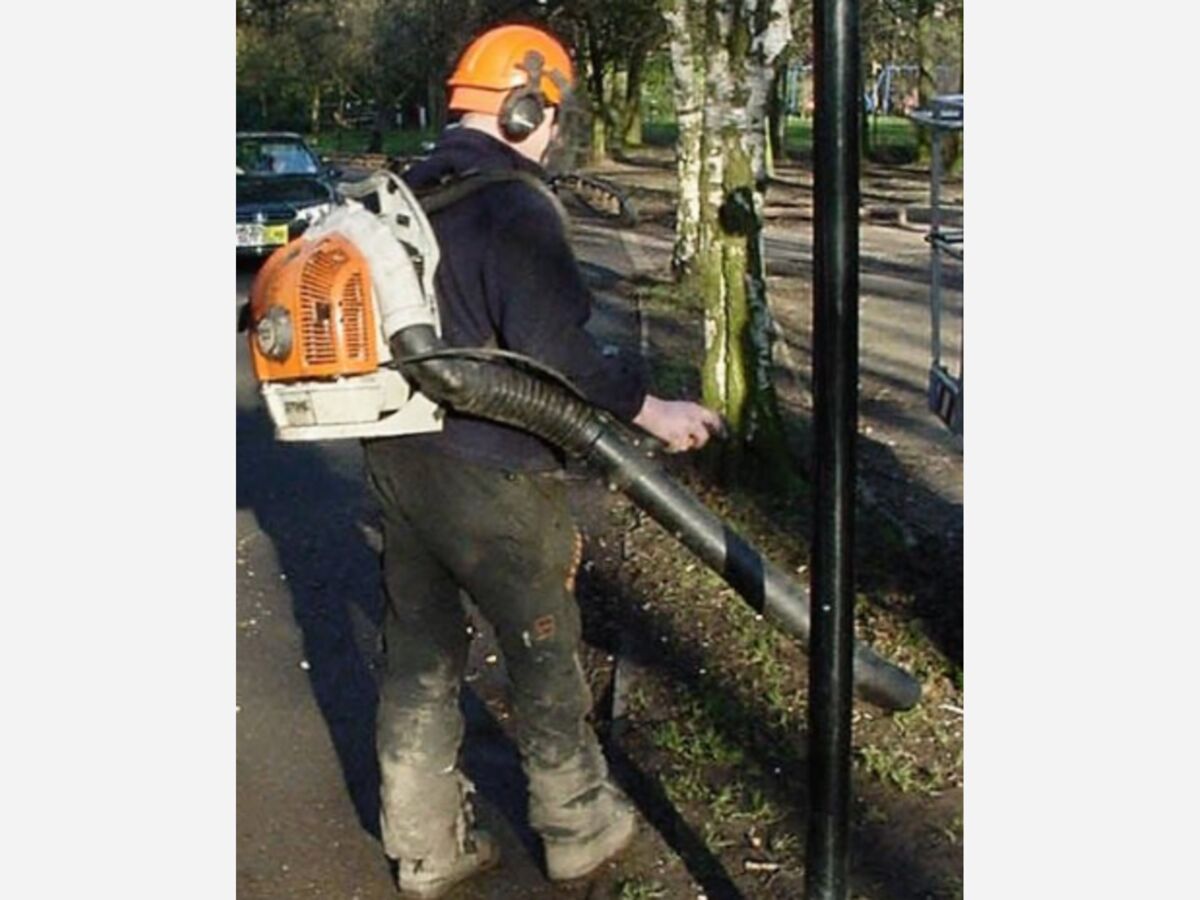Image


In Lexington, A ban on gas-powered leaf blowers earned 85% of the vote during a town meeting in November 2021. In Boston, a City Councilor has proposed limits on when leaf blowers can be operated. And, in the Golden State, whose pollution regulations for motor vehicles, Massachussetts is legally obligated to follow, California state representative Marc Berman and former California state representative Lorena Gonzalez have won a “Healthy Soundscape” award from Noise Free America: A Coalition to Promote Quiet, for securing passage of AB 1346, which bans the sale or purchase of gas-powered lawn equipment as of January 1, 2024.
Berman and Gonzalez’s bill will reduce air pollution and protect the health of landscaping workers, homeowners, and tenants who have been exposed to gas and oil fumes, say proponents.
While there does not appear, as of yet, to be any similar legislation in Massachusetts, the actions in Lexington and Boston could be harbingers.
The California bill requires the State Air Resources Board “to adopt cost-effective and technologically feasible regulations to prohibit engine exhaust and evaporative emissions from small off-road engines” (also known as “SORES”). The bill also calls for the board to “make available funding for commercial rebates or similar incentive funding.” Beginning in November 2022, the state’s $27,000,000 voucher program for sole proprietors and small landscaping businesses will cover 70 percent of the cost to purchase new electric landscaping equipment. The goal of the new law is to achieve 100 percent zero emissions in California from SORES by 2035.
In addition to polluting the air, gas-powered leaf blowers also foul the soundscape. Many gas-powered leaf blowers generate between 80 and 85 dB while operating. Most cheap or mid-priced units can generate up to 112 dB. (In comparison, a plane taking off creates 105 dB.) Noise from gas-powered leaf blowers is especially grating because of the high pitch, the hearer’s lack of control, and changing amplitude. Excessive noise can cause both physical and mental complications, such as hearing loss, sleep deprivation, stress, and cardiovascular problems.
Ronald Askeland, co-leader of San Diegans for Sustainable, Equitable & Quiet Equipment in Landscaping, commented that “noise from gas-powered landscaping equipment often exceeds safe decibel limits, causing hearing loss among workers and interfering with residents’ right to the peaceful and quiet enjoyment of their homes and communities. Transitioning to battery-powered landscaping equipment, or better yet rakes and brooms, will sharply reduce noise pollution and its harmful impact on hearing health and community well-being. The move to zero emissions landscaping equipment also eliminates a major source of harmful emissions.”
“California is to be applauded for taking this step,” stated Ted Rueter, director of Noise Free America: A Coalition to Promote Quiet. “Following implementation of this law, California neighborhoods and communities should be much quieter. The next step for California: taking effective action against noisy motorcycles and loud car stereos.”
Anthony Appleyard .public domain image